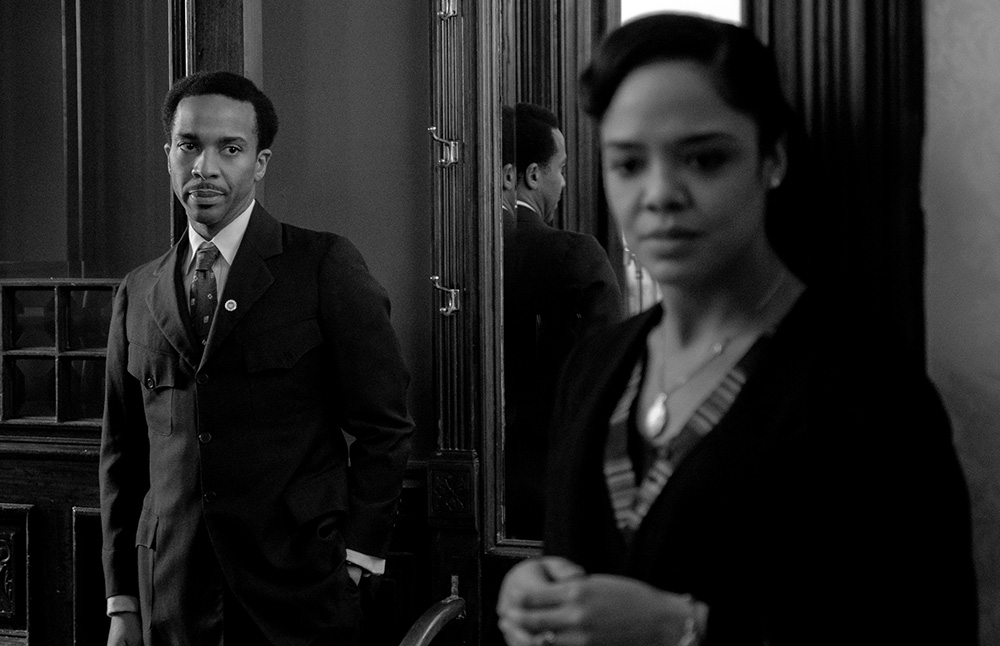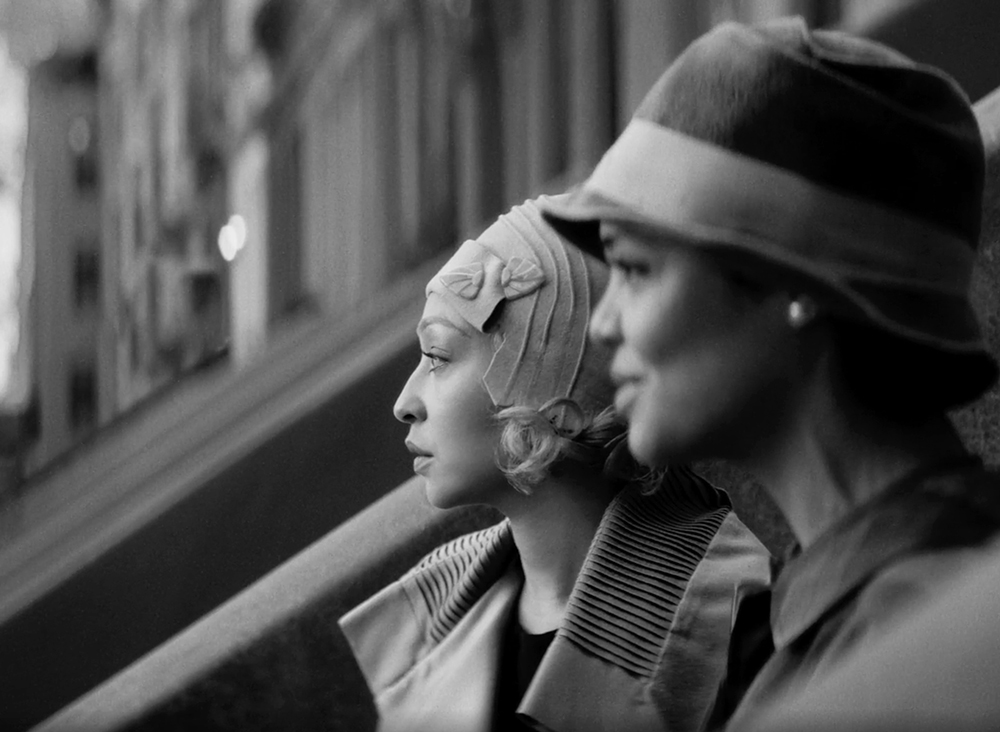Rebecca Hall’s Debut is a Triumph
“Passing” follows two women, Irene Redfield (Tessa Thompson), and Clare Kendry (Ruth Negga), two old high school friends who happen to run into each other at a hotel during a hot summer day in New York City. As they slowly begin to rekindle their past friendship, a shared obsession threatens both women and their delicately constructed lives.
For the most part, Rebecca Hall’s directorial debut is a triumph; however, some unusual focus choices and abnormal shot compositions can’t help but draw the viewer out of the black and white world on-screen. “The Way Back” cinematographer Eduard Grau provides “Passing” with stylish cinematography that complements the boxy, 4:3 aspect ratio. The returning image size works well to capture the New York landscape and focus on brilliant performances.
“Thor: Ragnarok” star Tessa Thompson gives a mesmerising performance as she brings the character of Irene Redfield to life; her intoxicating on-screen presence serves to keep viewers invested across the entire 98-minute run-time. Opposite Thompson is Academy Award nominee Ruth Negga. The “Loving” star gives a brilliant performance alongside Thompson, but her portrayal falls short of matching Thompson’s powerhouse performance.

Standout Performances from Ruth Negga and Tessa Thompson
“Passing” also features superb performances from “Moonlight’s” André Holland and Emmy nominee Bill Camp. Composer Devonté Hynes provides “Passing” with a light, melodic score that feels like it was plucked out of the 1920s. The twinkly notes accompany Tsegué-Maryam Guébrou’s “The Homeless Wanderer” and the other music featured in the film. “Passing” is a film whose primary theme is of racism and discrimination faced by African Americans; however, Hall also manages to encompass themes of jealousy and identity. Hall shows how as Clare and Irene’s friendship progresses, cracks begin to form in both women’s lives. Hall also decides to show these cracks literally by repeatedly focusing on a crack on the ceiling of Irene’s bedroom.
Costume designer Marci Rodgers (“BlacKkKlansman,” “No Sudden Move”) furnishes the cast of “Passing” with elegant costumes; they fit hand-in-hand with the film’s black and white visuals. Netflix’s purchase of the film during the Sundance Film Festival earlier this year adds “Passing” to the list of the streamers 2022 awards contenders. The film joins a line-up that includes films like Jane Campion’s “The Power of the Dog,” Adam McKay’s disaster-comedy “Don’t Look Up” and Paolo Sorrentino’s “The Hand of God” which happened to be selected as Italy’s submission for ‘Best International Feature’ at the 94th Academy Awards.
Rebecca Hall’s turn as director adds the BAFTA winner to this year’s list of actors-turned-directors that includes Maggie Gyllenhaal, Halle Berry and Lin-Manuel Miranda. “Passing” is a powerful yet intricate film that features stunning performances from both leads, stylish cinematography, and an unexpected ending.
“Passing” is currently available to stream on Netflix.


